
The battle with hoarding is not something that should be taken lightly. Individuals who suffer from this disorder often feel like they are alone in their fight, but the truth is that there are many people out there who understand and can offer support. Hoarding support groups provide a safe and understanding space for individuals to connect with others who are going through similar challenges. In this blog post, we'll explore the power of these groups and ways to connect with them.
Hoarding support groups are made up of people who have HD or who have loved ones who struggle with the condition. These groups can provide a wealth of information and resources, including tips for decluttering and organizing, strategies for managing anxiety and stress, and advice on how to cope with the emotional toll of Hoarding Disorder.
Hoarding is not just about clutter and disorganization. It's a mental health disorder that can have serious consequences if left untreated. Support groups play a crucial role in the recovery process by providing a sense of community, understanding, and hope for individuals who struggle with hoarding. Here are some reasons why hoarding support groups are so important:

If you or a loved one are struggling with Hoarding Disorder, finding a support group can be incredibly beneficial. Here are some tips for finding a group that works for you:
It may take some time to find a group that feels like the right fit but don't give up. The support and understanding of others can be incredibly helpful.

If you are interested in connecting with hoarding support groups but are not sure where to start, the International OCD Foundation is a great place to start. They have a directory of groups and other resources that can be helpful for people who are struggling with hoarding. They also have a helpline that you can call if you need help or support.
Hoarding support groups can provide a lifeline for people affected by HD. By connecting with others who understand what you are going through, you’ll gain valuable insights to cope with this condition. Whether you connect with a local support group, an online community, or a mental health professional who specializes in treating HD, there are many resources available to help.
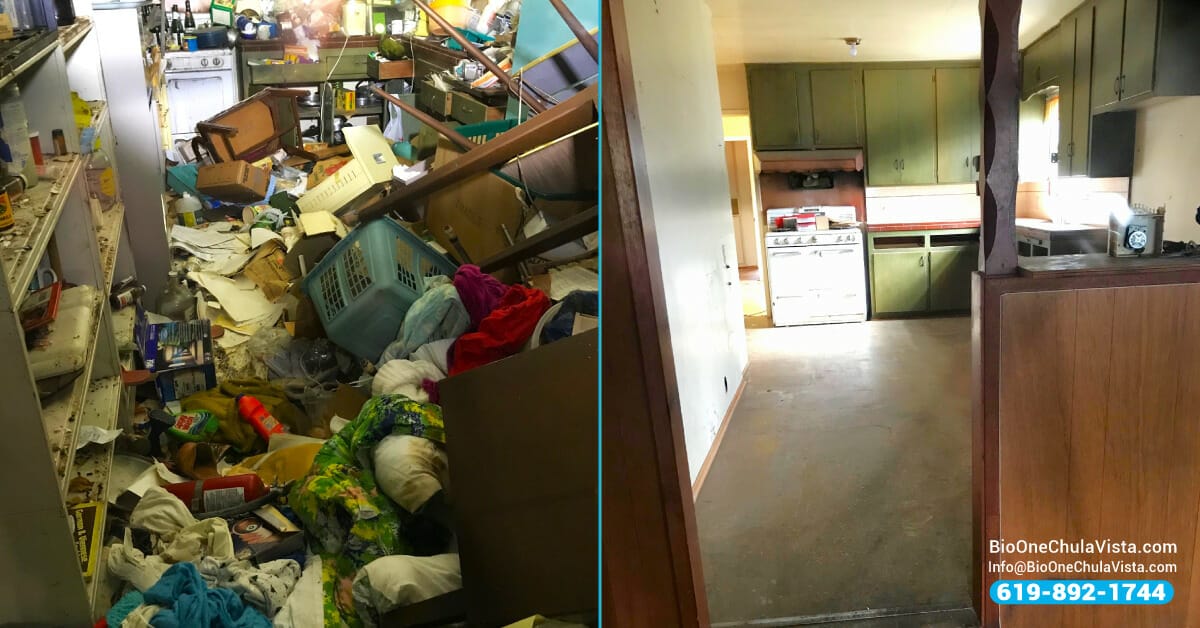
If you or a loved one is in need of hoarding cleanup services, Bio-One of Chula Vista can help.
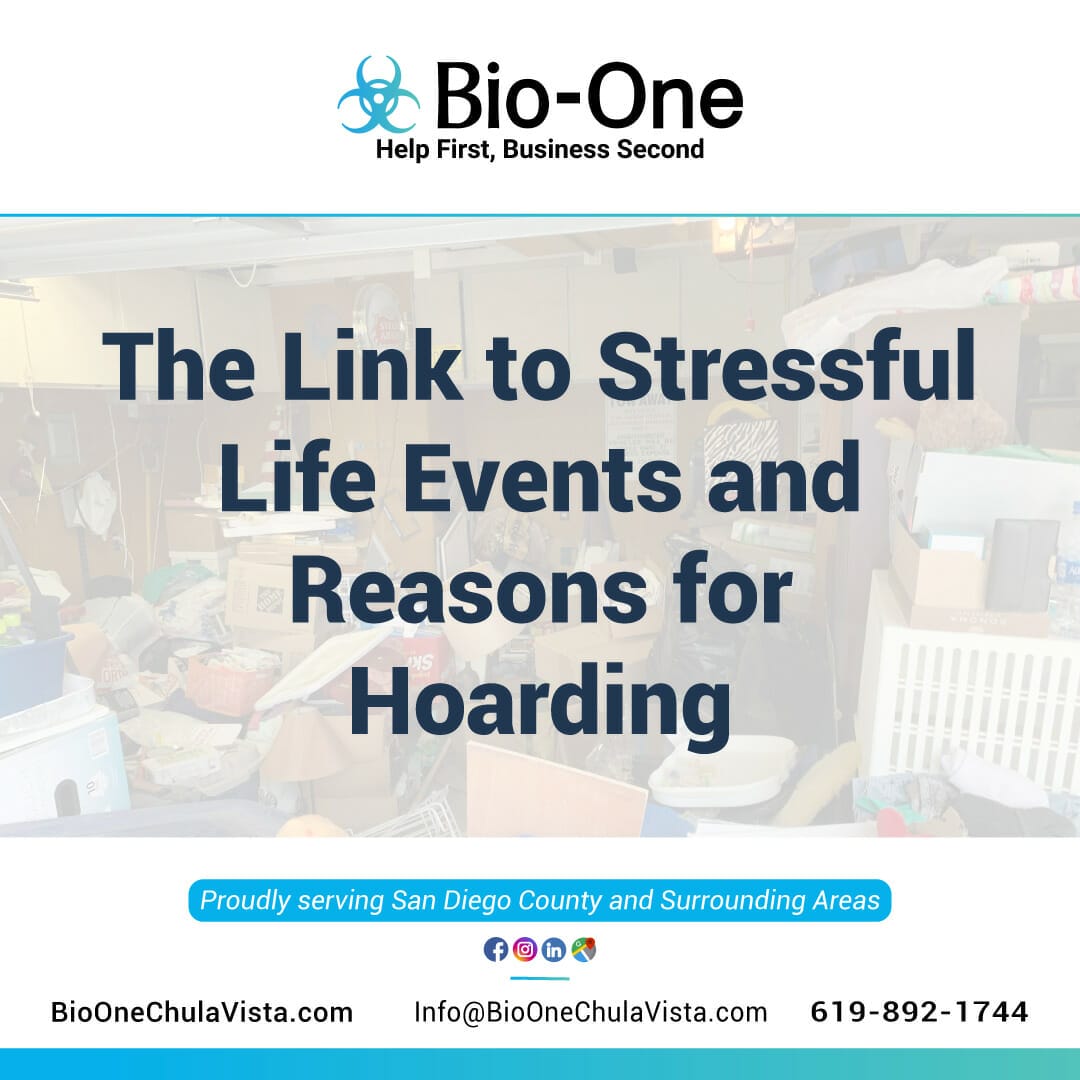
Hoarding is not just about clutter and disorganization. Hoarding can have a severe impact on a person's quality of life. While there are no exact reasons for hoarding, research shows that it is often linked with stressful life events. In this blog post, we will explore the possible reasons for hoarding and the role of mental health professionals in diagnosing and treating this condition.

Often, a traumatic or stressful life event such as a divorce, the loss of a loved one, or financial problems triggers hoarding. The individual may perceive hoarding as a coping mechanism, providing a sense of control over their environment. For example, hoarding sentimental items like old photographs or clothing may provide comfort to a person experiencing grief.
As researchers have noted, hoarding is not simply a preference for material possessions. Hoarders may experience feelings of intense fear, shame, guilt, or loneliness, and tend to use hoarding as a coping mechanism to avoid these feelings. Hoarding can be especially problematic because they are typically unable to perceive the severity of the problem.

Mental health professionals usually begin with a comprehensive evaluation that includes a detailed assessment of the person's symptoms and their medical history.
Disclaimer: Please note that the information provided in this document is intended to spread awareness about Hoarding Disorder and to encourage individuals who may be struggling with this condition to seek professional help. We are not mental health professionals, and our content should not be used as a substitute for professional advice, diagnosis, or treatment. If you or someone you know is struggling with hoarding, we highly recommend reaching out to a mental health professional or a healthcare provider.
Bio-One of Chula Vista
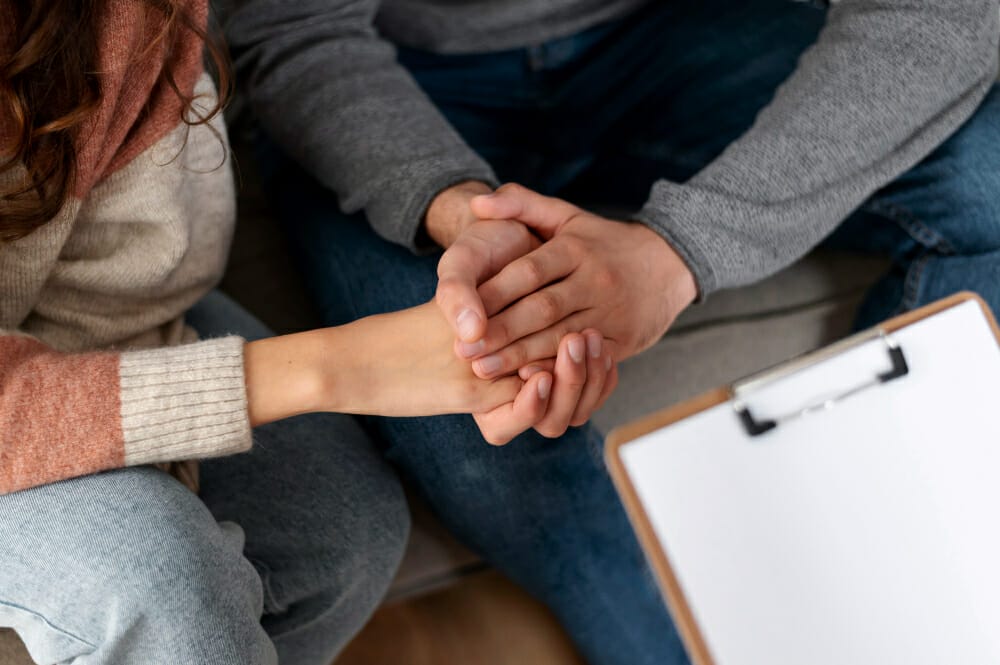
If you or a loved one is struggling with hoarding, it is critical to seek professional help and support. You do not have to face hoarding alone. Bio-One can support you throughout the hoarding cleanup process with compassion, discretion, and expertise. Our trained and certified technicians will assess the situation and develop a customized cleanup plan that meets your unique needs.
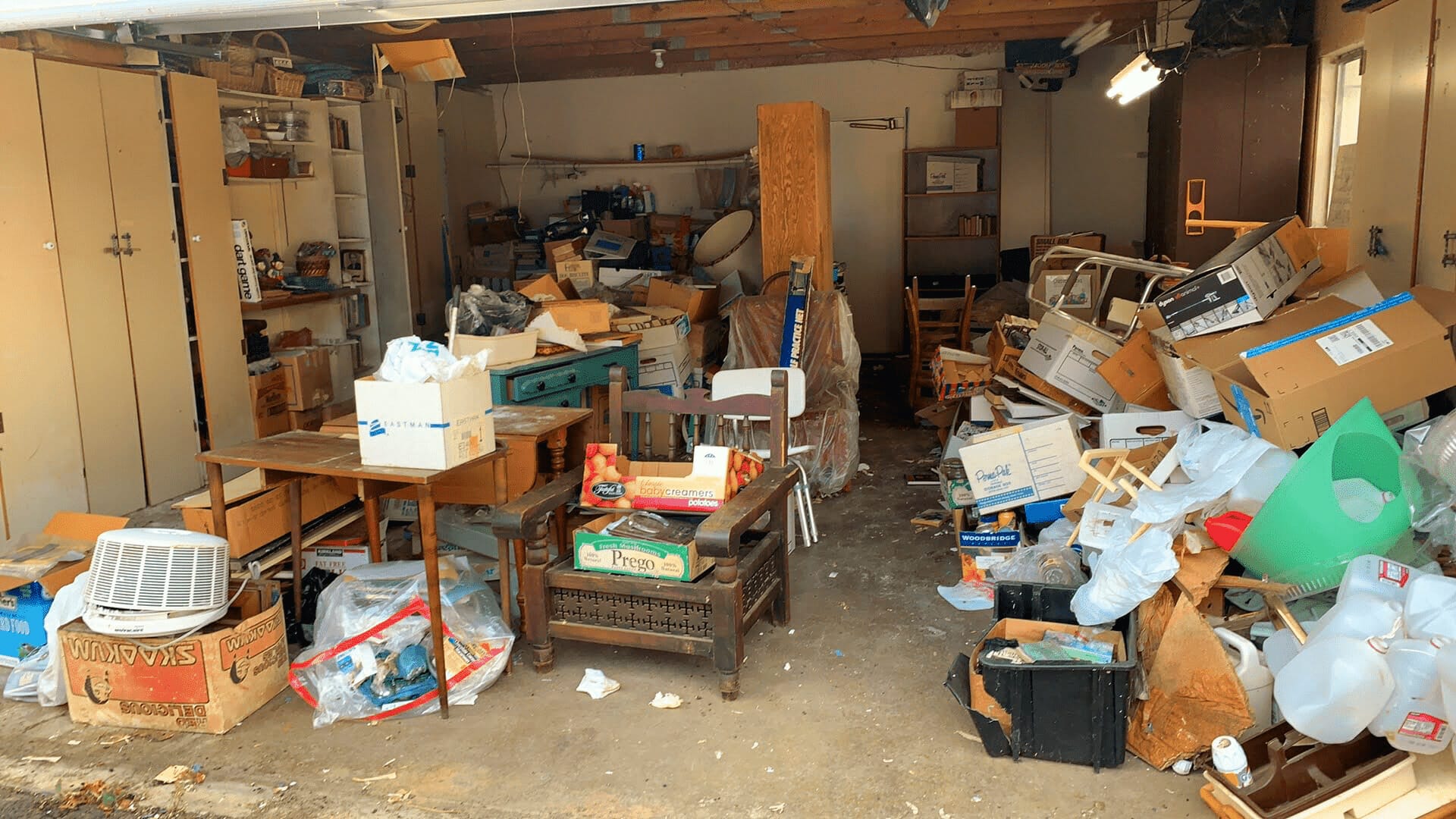
Individuals who hoard suffer from an intense need to acquire and keep things, which often results in cluttered and unsanitary living conditions. It is a tough subject to approach, but understanding the signs of hoarding behavior can be helpful in identifying hoarding tendencies in loved ones. In this blog post, we will discuss some of the common signs of hoarding behavior and what you can do to help.
One of the most significant signs of hoarding behavior is difficulty discarding items. Individuals who hoard may have trouble parting with even the most insignificant things, such as old newspapers and junk mail. They may keep everything that comes their way, making it difficult to navigate through their homes. They may even exhibit an intense emotional attachment to their possessions, making it even harder for them to let go.
Cluttered spaces are another telltale sign of hoarding behavior. Individuals who hoard tend to accumulate a great number of items, creating a disorganized and chaotic living space. It is often tough to navigate through these spaces, as the clutter can become a physical barrier and pose a health hazard.

Individuals who hoard may have difficulty maintaining a clean and sanitary living space, which can pose a health risk. They may also ignore basic home maintenance tasks, leading to structural damage and other hazards.
Emotional distress is another sign of hoarding behavior. Individuals who hoard may experience intense anxiety, depression, and shame over their possessions and living conditions. They may also become isolated from friends and family members, which can exacerbate the problem. If you notice that a loved one is experiencing emotional distress, it may be time to consider professional help.
Individuals who hoard may reject offers of help and be hesitant to seek professional assistance. Without intervention, the problem is likely to worsen over time. It is important for friends and family members to be patient but persistent in helping their loved one break through the cycle of hoarding behavior!
Hoarding disorder can be treated with a variety of therapies, including cognitive-behavioral therapy (CBT), supportive psychotherapy, and medication management. With treatment, individuals may learn to manage the urge to hoard and develop healthier patterns of behavior. Treatment is most successful when loved ones are involved in the process.
In conclusion, hoarding is a serious condition that can be challenging to address, and individuals who hoard may experience intense emotional distress and shame. Understanding the signs of hoarding behavior can be helpful in identifying hoarding tendencies in loved ones. If you notice that a loved one is exhibiting hoarding behavior, it may be time to consider professional help.
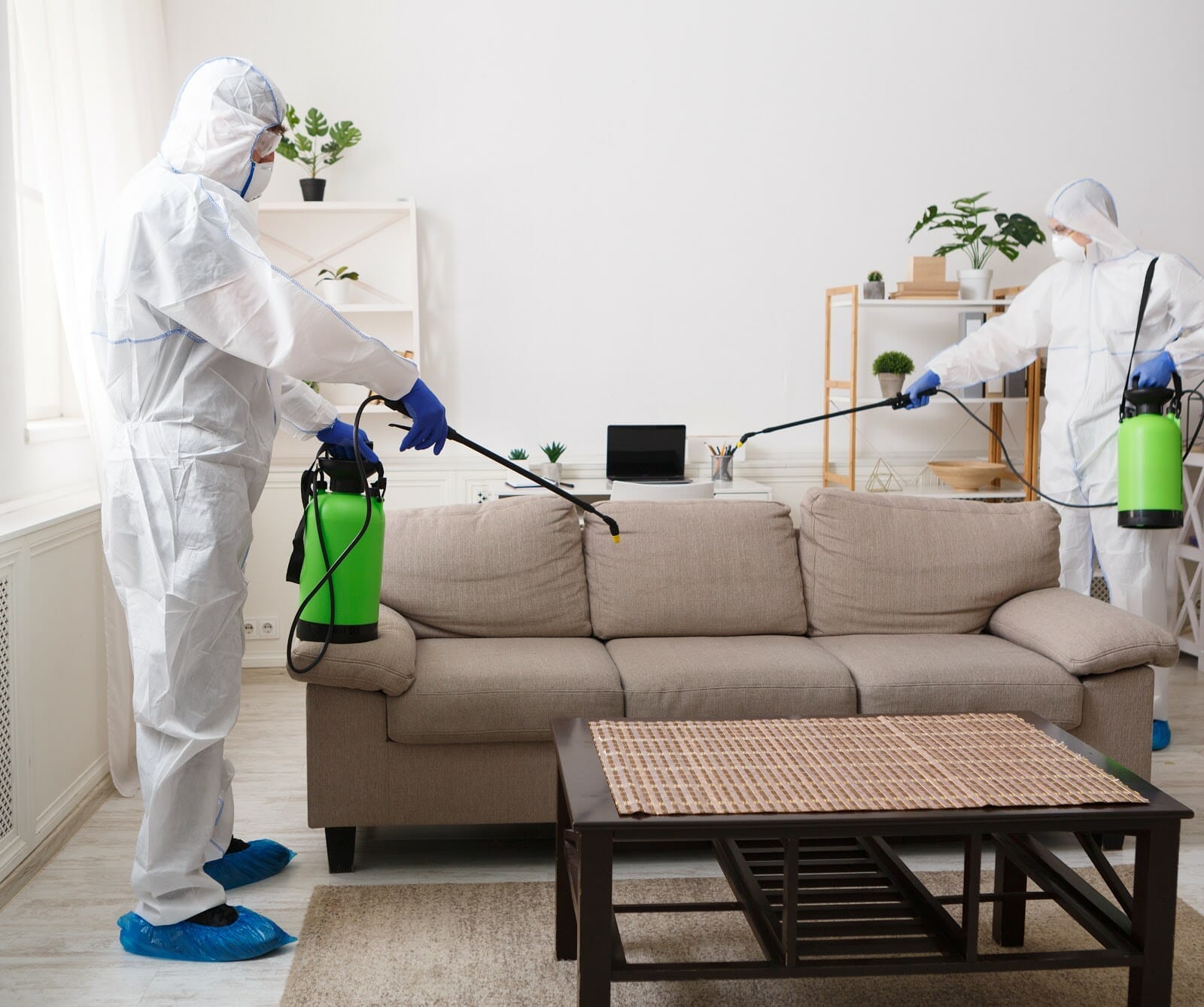
At Bio-One of Chula Vista, we offer compassionate and discreet hoarding cleanup services to help families and individuals navigate through these difficult situations. Contact us today for a free estimate for you or your loved one!